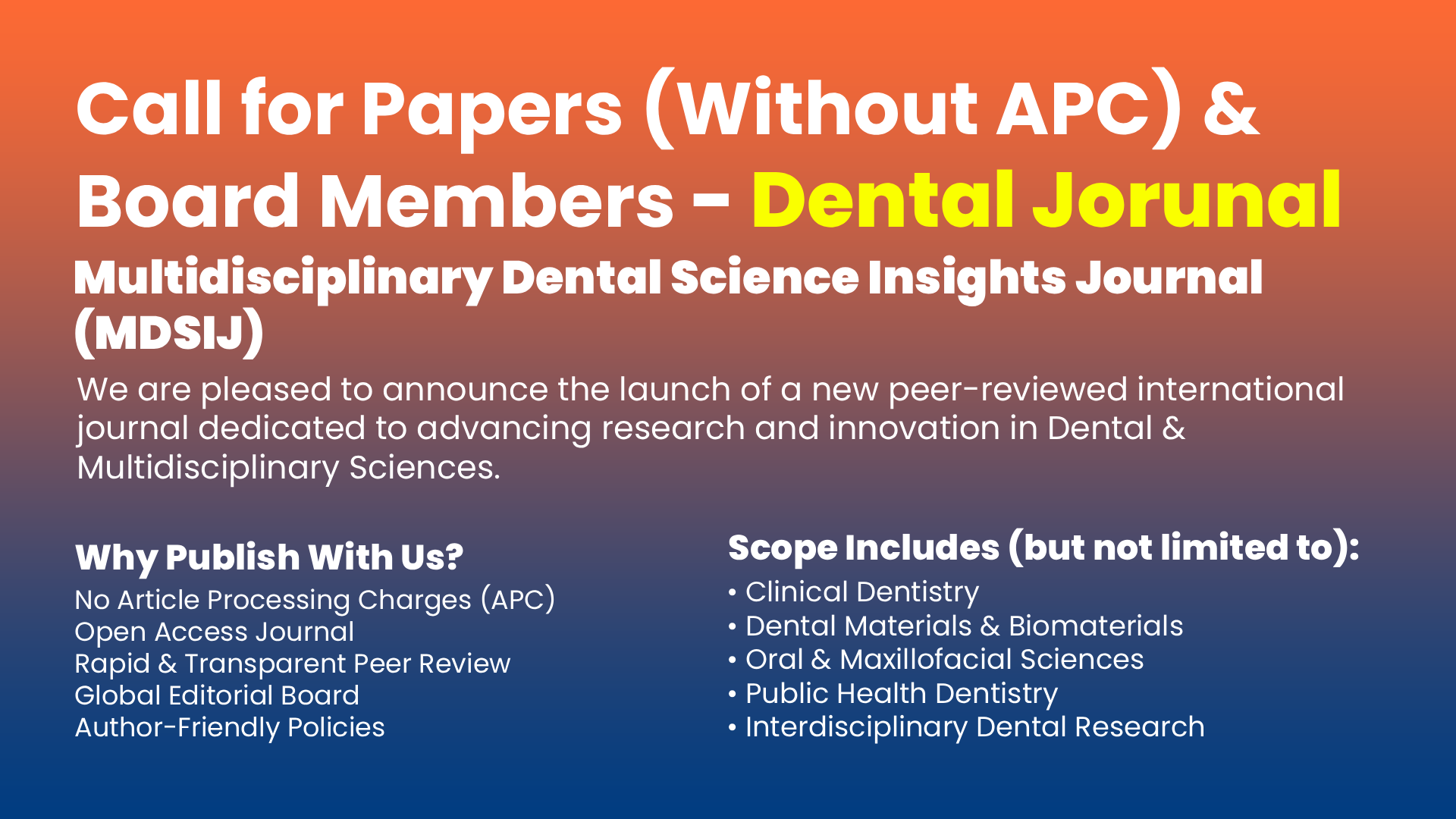Wildlife Letters
Published by John Wiley & Sons (Journal Finder)
eISSN : 2832-5869
Abbreviation : Wildl. Lett.
Aims & Scope
Wildlife Letters defines wildlife as including both non-domestic vertebrate and invertebrate animals, including fishes, and considers all aspects of environmental change.
Non-domestic animals also include those kept in captivity for conservation or wildlife research.
The research published in the journal should contribute either to sustainable wildlife management or conservation, or to understanding and responding to current and emerging challenges to wildlife from global and anthropogenic change.
Wildlife science includes diverse topics within ecology and evolution of wildlife species (e.g., genetics, landscape ecology, behavior, ecophysiology), effects of wildlife on ecological systems (e.g., food webs, ecosystems), and more interdisciplinary topics such as from social sciences, economics or anthropology, and can be empirical or theoretical.
The scope of Wildlife Letters also includes new techniques, new approaches and viewpoints to the science of key wildlife problems and practical applications of theoretical wildlife sciences.
The journal is aimed at researchers, managers, educators and policy makers in wildlife science and related disciplines, and publishes timely, accessible, and substantial research.
View Aims & ScopeAbstracting & Indexing
Journal is indexed in leading academic databases, ensuring global visibility and accessibility of our peer-reviewed research.
Subjects & Keywords
Journal’s research areas, covering key disciplines and specialized sub-topics in Environmental Science, designed to support cutting-edge academic discovery.
APC Details
The journal’s Article Processing Charge (APC) policies support open access publishing in Environmental Science, ensuring accessibility and quality in research dissemination.
This journal requires an Article Processing Charge (APC) to support open access publishing, covering peer review, editing, and distribution. The current APC is 2,500.00 USD. Learn more.
Explore journals without APCs for alternative publishing options.

